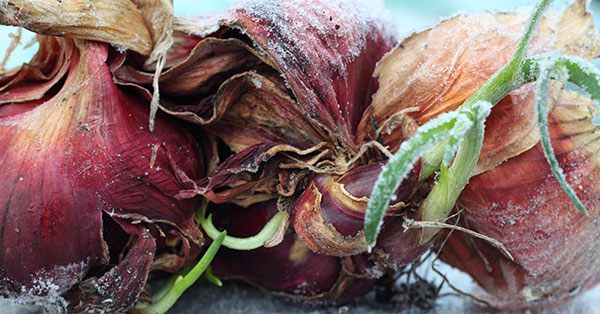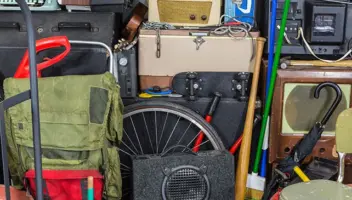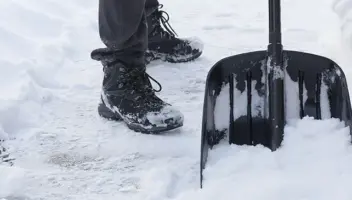Tips for Growing Winter Veggies
Growing vegetables doesn’t have to be reserved for the warmer months. Believe it or not, the winter is a great time to grow fresh and delicious veggies that you and your family can enjoy throughout the colder months. If you’re interested in growing veggies this upcoming winter, here is a brief list of tips to help you get started.

Choose the Right Location
If possible, it’s a good idea to grow your winter veggies in west or south facing windows that provide a good amount of light. You can also purchase some fluorescent lights and place them approximately 6 inches from plants. Be sure to avoid using incandescent light bulbs because the wavelengths they produce are not good for plants.
Temperature
The ideal temperature for the majority of plants is around 70 degrees Fahrenheit. If you can, it’s best to keep your plants at this temperature. You should refrain from keeping them in unheated areas like your garage or unfinished basement.
Soil
When it comes to soil, you should use potting soil that you can buy from just about any retailer and check its pH levels. Since most veggies grow best in a pH range of 6 to 6.5, you can try to get your soil to these levels. Once your plants have been growing for a month or so, you can add some fertilizer to ensure that they stay healthy.
Use the Right Containers
There are a number of items that make good containers for growing plans indoors. You can empty yogurt cups, reuse containers that you bought flowers in, or purchase special containers that are specifically designed for indoor gardening.
Grow the Right Vegetables
There are some vegetables that grow better indoors than others. These vegetables include tomatoes, bell peppers, potatoes, carrots, kale, spinach, arugula, lettuce, and radishes.
Water As You Would Outside
You should water your plants as often as you would if they were outside. If you pour water over the top of the soil, you’ll be less likely to overwater your plants. If you decide to water your plants from the bottom, you’ll be able to keep soil gnats at bay.
By choosing the right location, temperature, soil, containers, and vegetables, you can grow some tasty and nutritious produce all winter long.


